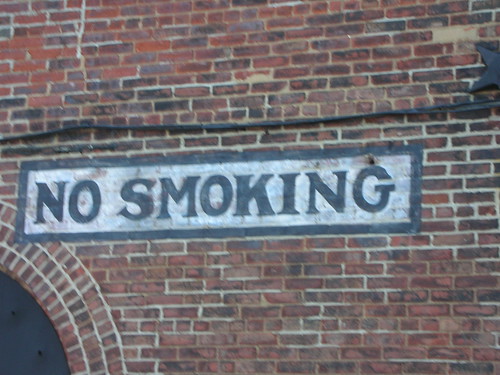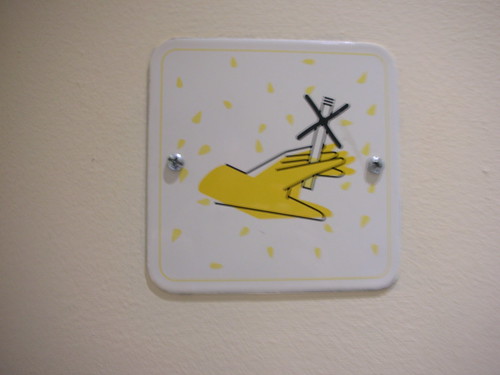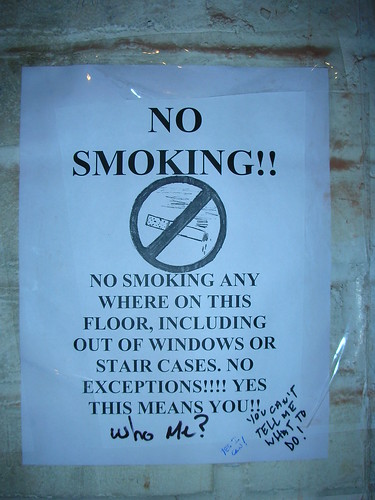Had one met Hazlitt no doubt one would have liked him on his own principle that "We can scarcely hate anyone we know." But Hazlitt has been dead now a hundred years, and it is perhaps a question how far we can know him well enough to overcome those feelings of dislike, both personal and intellectual, which his writings still so sharply arouse. For Hazlitt--it is one of his prime merits--was not one of those noncommittal writers who shuffle off in a mist and die of their own insignificance. His essays are emphatically himself. He has no essays and he has no shame. He tells us exactly what he thinks, and he tells us--the confidence is less seductive--exactly what he feels.Good god, can you get a better opening to an essay? Acknowledging uncertainty while nevertheless making confident, declarative statements; balancing oppositions; and, in a few short lines, beginning to give a real sense of the tumultuous, strange, divided personality about whom you're writing--this, it seems to me, a Hazlitt fan, is about as good as it gets.
And Woolf backs it up: her essay shifts easily between biographical detail and literary analysis, showing how, in this prickly, principled man ("He had quarrelled with all his old friends, save perhaps with Lamb"--but, we should remember, almost no one quarrelled with Lamb, the gentlest of souls.) person and idea weren't so separable as the ancients would have had it, the former fully subservient to the latter:
[H]e was a man of divided tastes and thwarted ambition; a man whose happiness, even in early life, lay behind. His mind had set early and bore forever the stamp of his first impressions.Woolf continues,
And Hazlitt felt with the intensity of a poet. The most abstract of his essays will suddenly grow red-hot or white-hot if something reminds him of his past. . . . [H]ow violently we are switched from reason to rhapsody--how embarrassingly our austere thinker falls upon our shoulders and demands our sympathy!Yes--and yet that's exactly what I love in Hazlitt: his essays are not the product of Wordsworth's "emotions recollected in tranquility"; they are instead tranquility forever troubled by the bubbling under of those emotions--and that bubbling under, that admixture of the personal and the impersonal, is what makes him feel so much our kin, our contemporary, at shining moments our friend.
And Woolf gets that, even as she also catalogues Hazlitt's faults. How rare that ability is--how I wish I had more of it--to truly, rather than grudgingly, appreciate the merits of one whose faults you also find glaring. Woolf evinces it time and again in her essays, and that alone is enough reason to seek them out.
But while you're at it, seek out, if you've not, Hazlitt, whose voice rings out as strong for us a century after Woolf as it did for her a century after his death. If I've not convinced you yet, perhaps the conclusion of her essay will:
When he lay dying a hundred years ago in a lodging in Soho his voice rang out with the old pugnacity and conviction: "Well, I have had a happy life." One has only to read him to believe it.Read Woolf's essays, read Hazlitt's essays--start with "The Indian Jugglers" or "The Fight", both of which can be found on On the Pleasure of Hating--and next Thanksgiving you'll have one more reason to be grateful.







